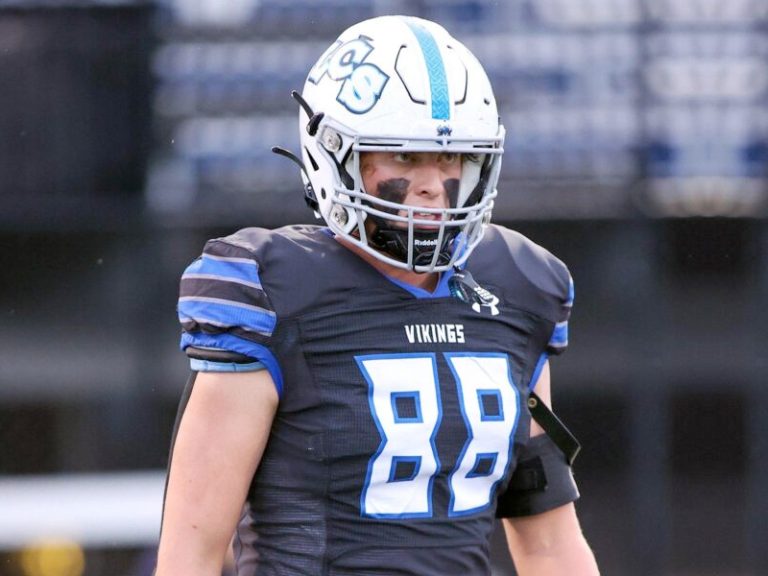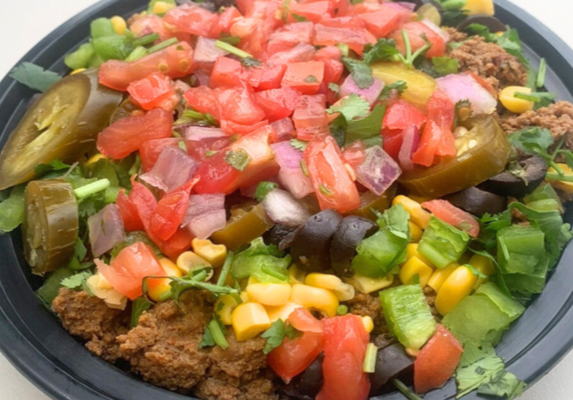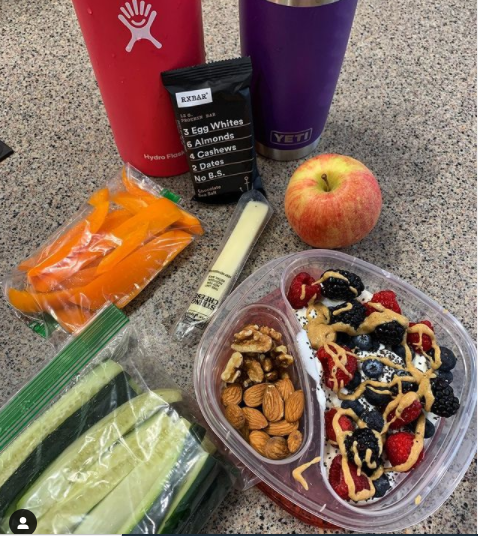
50+ No-Cook Meals and Snacks for Student-Athletes
No cooking skills? No problem! Here are some simple "no-cook" meal and snack pairings for student-athletes and active adults!


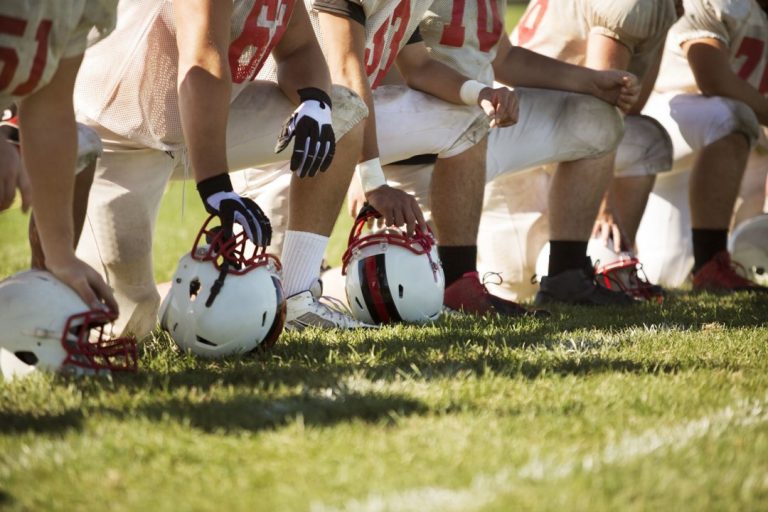
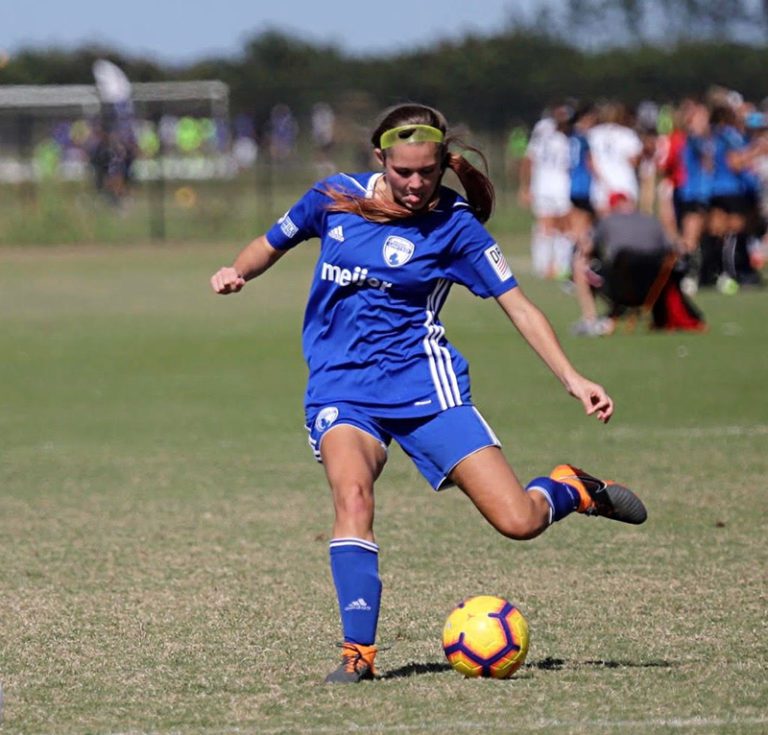

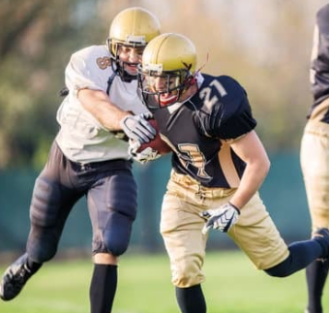

Amenorrhea & Athletes: 3 Tips For Females to Get Their Period Back Relative energy deficiency in sport (RED-S) is the consequence of low-energy availability (LEA) in athletes, adversely affecting an athletes’ performance and health. RED-S can occur in both…


